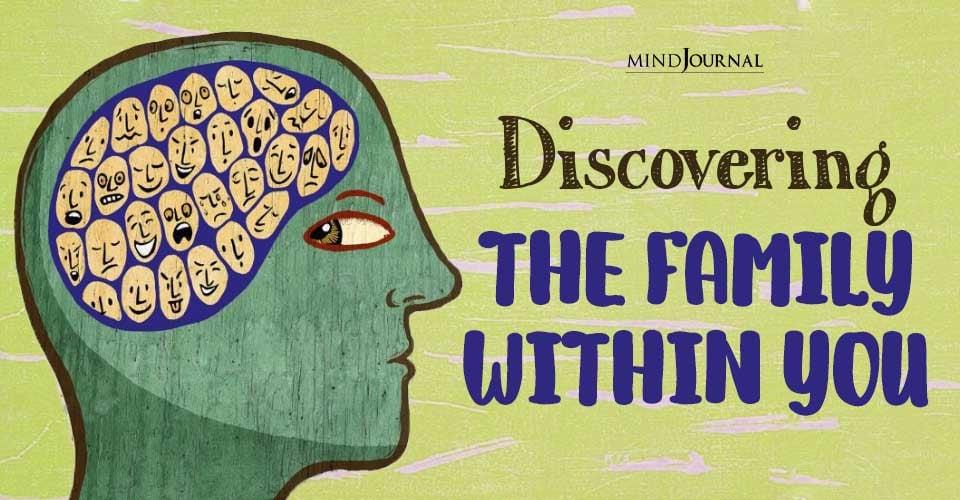A few weeks ago I spoke to a friend about a creative opportunity. The specific opportunity doesn’t matter—it could have been a speaking gig, a publishing deal, or a freelance job.
I thought I had a good shot at being accepted, but then my friend called me back. I was not going to be considered for the opportunity.
This was not the news I was hoping for. At first, I was hurt and a little angry. Didn’t they see the skills I could bring to the table? Wasn’t it obvious that I have been adding value to others for a long time?
I moped around the house for a couple of days, feeling sorry for myself. But on Saturday morning, I woke up and had a stark realization: I was acting like a child and my attitude sucked.
Instead of continuing to wallow in self-pity, I stood back and took a hard look at myself. What could I learn from this? How could this rejection make me better?
Here are nine things I have learned from this experience. I hope these will be useful as you deal with rejection in your own life.
1. Remember that it’s better to be rejected on the front end of an opportunity.
I wouldn’t want to be chosen for an opportunity if the people doing the choosing didn’t truly want me. It’s much better to experience rejection now, rather than months or years later, when you’re in the thick of a situation that’s not right for you.
2. Don’t rely on other people’s acceptance to feel validated.
When you’re accepted by others, it’s easy to feel great. “Yay! I was chosen for something!”
But it’s also easy to feel worthless when you’re rejected. “Oh, no! Nobody likes me!”
Neither scenario is true. Your worth as a person is completely independent of other people’s judgment about you. You are priceless, valuable, and awesome … regardless of what others think.
3. Remember that opportunities come and go.
Maybe you’ve always wanted to work at the such-and-such place. Or you’ve always wanted to speak at a certain conference or work with a certain publisher.
The truth is that there are unlimited opportunities around us every day. Don’t get your heart set on any one specific opportunity.
4. Take control of your own destiny and choose yourself.
I recently read James Altucher’s book Choose Yourself. The title sums it all up: stop waiting for others to pick you. Choose yourself.
Creative people often have to wait for gatekeepers to approve them in some way. Whether it’s a publisher, record label, art gallery, or something else, we spend a lot of time waiting for others’ approval.
But today, you don’t need to wait for someone else. You can take control of your life and get your creative work out there so others can experience it.
5. Remember all the great leaders who faced failure and rejection.
Abraham Lincoln, Thomas Edison, Walt Disney, and Steve Jobs all faced rejection or failure at some point. But they persisted. They were resilient. They had the right attitude. They kept at it until their dreams became reality.
Did you really think success was going to come so easily? Not a chance. The trials we go through are shaping and molding us for something greater down the road. But we can only make use of these disappointments if we have the right attitude.
6. Don’t make a bad decision when you are emotionally compromised.
Remember the scene in Star Trek (2009) when Spock gets into a fight with Kirk, and then steps down from his command? The reason was that he was “emotionally compromised.” He knew that his emotions would prevent him from making good decisions as a commander.
When you’re feeling hurt and rejected, it’s tempting to seek out acceptance and validation from another opportunity, whether it’s the right one or not. It’s also tempting to engage in self-destructive behavior to mask our pain.
Neither course of action is good. When you feel “emotionally compromised” after being rejected, just lay low, take stock of where you are and don’t make any rash decisions.
7. Save your venting for your journal, not social media.
This should go without saying, but I’ve seen too many people make a fool out of themselves on social media because they were angry about something.
There are a whole bunch of reasons to not criticize someone (or an organization) on social media. You can burn bridges, damage relationships, and make yourself look bad in the process.
When you’re upset or angry, you need to vent somewhere. I recommend a journal, where you can keep your thoughts private.
8. Be thankful for what you have learned about yourself.
In my particular situation, I had to face the question, “Why do I really want this opportunity?” At first, I was caught up in the excitement and thought that I truly wanted it.
But when it came right down to it, I was more drawn to the excitement rather than the work itself. Deep down in my heart, it wasn’t truly what I wanted.
In the end, that means the people who rejected me actually did me a favor … for which I’m grateful. It forced me to think about what I truly wanted.
9. Pray for those who have rejected you.
Ever since I first talked to my friend who about the opportunity, I had been praying for God’s guidance. I had to trust that God would use my friend to show me the way.
This means that both of us were actually co-laborers in God’s kingdom, both trying to follow His leading. We both ultimately want the same thing.
What does this mean? In addition to praying for myself, I should pray for those who are deciding whether to accept or reject me. I should pray that we both hear God’s voice and are obedient to what we hear.
Seeking God’s guidance
Let me be totally honest with you. I’m an intelligent person who can make good decisions most of the time. But I have recently started to understand that I can’t figure this out on my own.
For the first time in my adult life, I have started to hit the limits of my own wisdom. I am relying less on my own insight, and more on a childlike faith in God’s guidance.
If you’re making decisions about opportunities, whether big or small, I encourage you to ask God for guidance. In my experience, God gives us wisdom when we ask for it. But His guidance and wisdom often come to us in a way that we don’t expect.
So let go … trust … and don’t get discouraged by rejection. It might just be God’s way of guiding you to something better.
What have you learned from being rejected?
Written by Kent Sanders
Originally appeared on Kent Sanders.net
Kent Sanders is a writer, professor, and creative coach. He is also the author of The Artist’s Suitcase: 26 Essentials for the Creative Journey, and host of the Born to Create Podcast. Kent’s mission is to help others unlock their creative potential. You can find lots of resources for creative entrepreneurs at his blog, KentSanders.net, where he writes about creativity, mindset, and productivity.
Become a Contributor at The Minds Journal
We Want To Hear Your Story. Share your work,thoughts and writings and we will make sure, it reaches the world! Submit Now
You may also like
- Rejection: Why You Must Not Let Others Behavior Affect Your Self Worth
- The Human Brain Processes Rejection Like Physical Pain (According to Science)
- Recovery From Rejection And Break-Ups









Leave a Reply